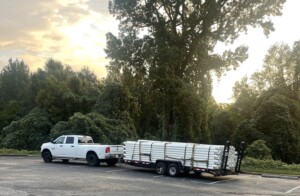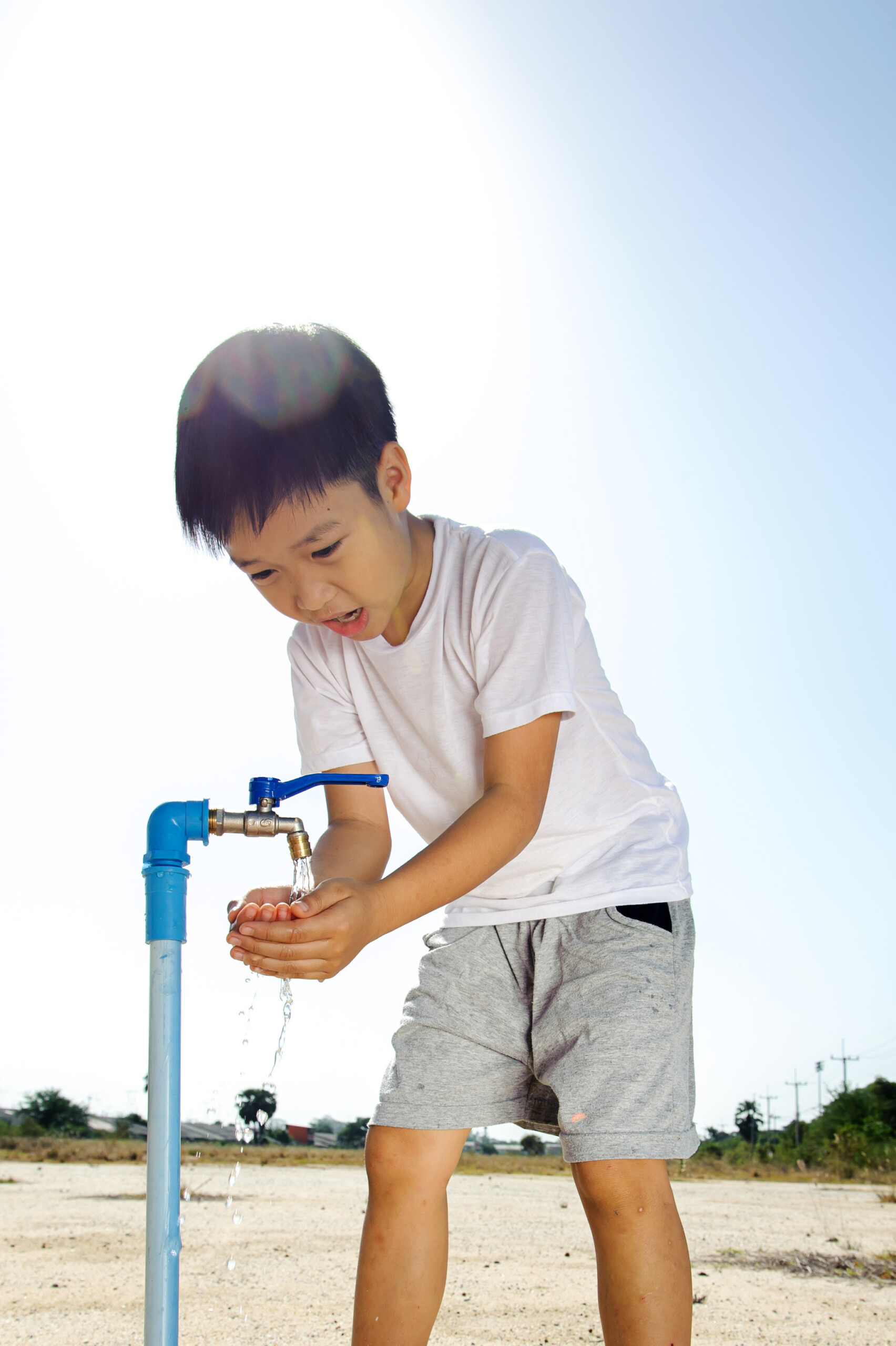This website uses cookies so that we can provide you with the best user experience possible. Cookie information is stored in your browser and performs functions such as recognising you when you return to our website and helping our team to understand which sections of the website you find most interesting and useful.
News
The Numerous Advantages of PVC Pipe
To put it simply, PVC pipe is the best choice for a wide variety of uses. From residential plumbing systems to large-scale infrastructure projects, PVC pipes are the preferred choice for engineers, contractors, and homeowners alike. In 2023, our team has published a comprehensive report on all of these benefits, which you can read here.
Let’s dive into the many advantages that PVC pipes bring to customers.
- Longevity: One of the most compelling attributes of PVC pipes is its exceptional longevity. PVC pipes boast an extended useful life, often exceeding 100 years. Unlike metal pipes, PVC is corrosion-resistant, making it impervious to rust or chemical degradation. This longevity ensures that PVC pipelines maintain their structural integrity over time, minimizing the need for costly replacements and repairs, and offering long-term reliability for infrastructure projects. This longevity results in a lower carbon footprint throughout its full life cycle.
- Low Break Rate: PVC pipes exhibit best-in-class durability and resilience against external forces, contributing to a low breakage rate compared to other piping materials. Their flexibility allows them to withstand ground movement, seismic activity, and pressure fluctuations without compromising performance. This reliability translates into fewer disruptions, enhanced operational efficiency, and reduced maintenance expenses for utility networks and plumbing systems. PVC pipes also last longer because they don’t rust. For more data on pipe breaks by material type, take a look at this documentation from Utah State University’s Buried Structures Lab.
- Chemical Resistance: PVC pipes excel in environments where exposure to corrosive substances is a concern. They are highly resistant to a wide range of chemicals, acids, alkalis, and solvents, ensuring integrity and purity in fluid transport applications. This chemical resistance makes PVC pipes ideal for conveying potable water, wastewater, industrial effluents, and corrosive fluids without fear of material degradation or contamination, thus safeguarding public health and environmental quality.
- Pumping Efficiency: PVC pipes offer superior pumping efficiency due to their smooth interior surface and hydraulic characteristics. With minimal friction losses, PVC pipes enable optimal fluid flow, reducing energy consumption and operational costs associated with pumping systems. This enhanced efficiency is particularly advantageous in applications requiring high flow rates or long-distance conveyance, such as water distribution networks, irrigation systems, and industrial processes. Based on a study from the Cadeo Group, switching agricultural infrastructure to PVC piping would save billions of dollars.

- Versatility: PVC pipes offer unparalleled versatility, accommodating various diameters, lengths, and configurations to suit diverse project requirements. Whether used for gravity flow systems, pressurized pipelines, or trenchless installations, PVC pipes can be easily adapted to different applications and installation methods.
- Ease of Installation: PVC pipes are known for their ease of installation, thanks to innovative jointing systems and lightweight construction. Their jointing systems, including solvent cementing, threading, and mechanical couplings, facilitate swift and secure connections, reducing installation time and labor costs. Furthermore, PVC’s lightweight nature simplifies handling and transportation, making it an ideal choice for projects with restricted access or challenging terrain.
- Cost-Effectiveness: PVC pipes are renowned for their affordability. Compared to traditional materials like metal or concrete, PVC pipes offer significant cost savings in both material and installation expenses. Their lightweight nature facilitates easier transportation and handling, reducing labor costs during installation. Moreover, PVC’s smooth interior surface minimizes friction, improving flow efficiency and reducing pumping requirements, lowering operational costs over the pipe’s lifespan.


